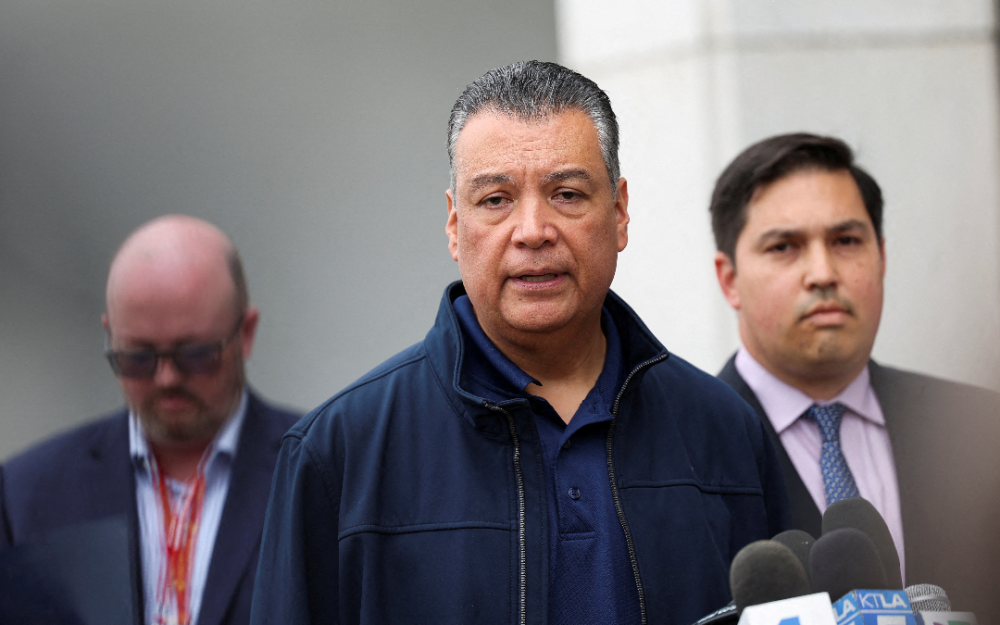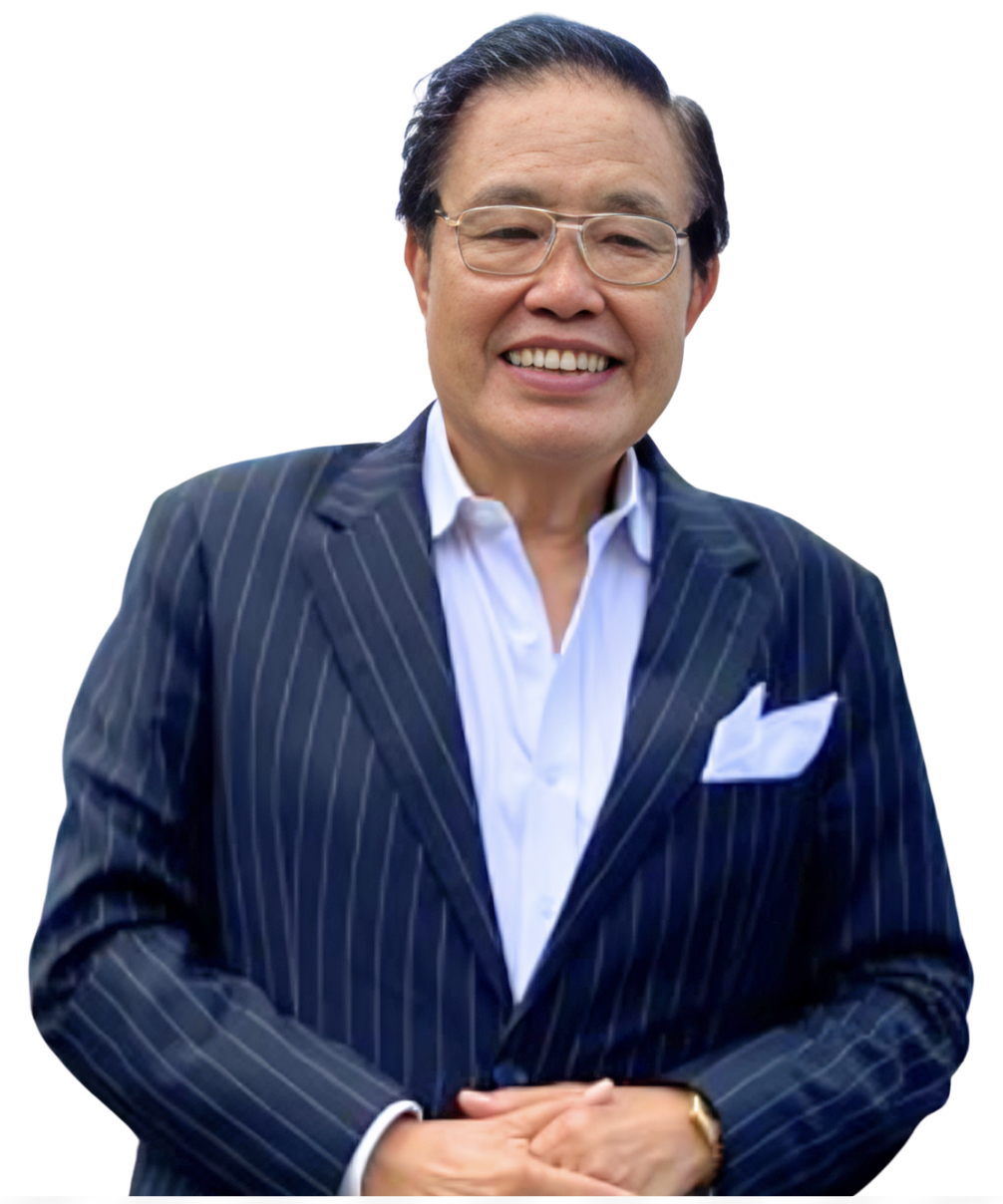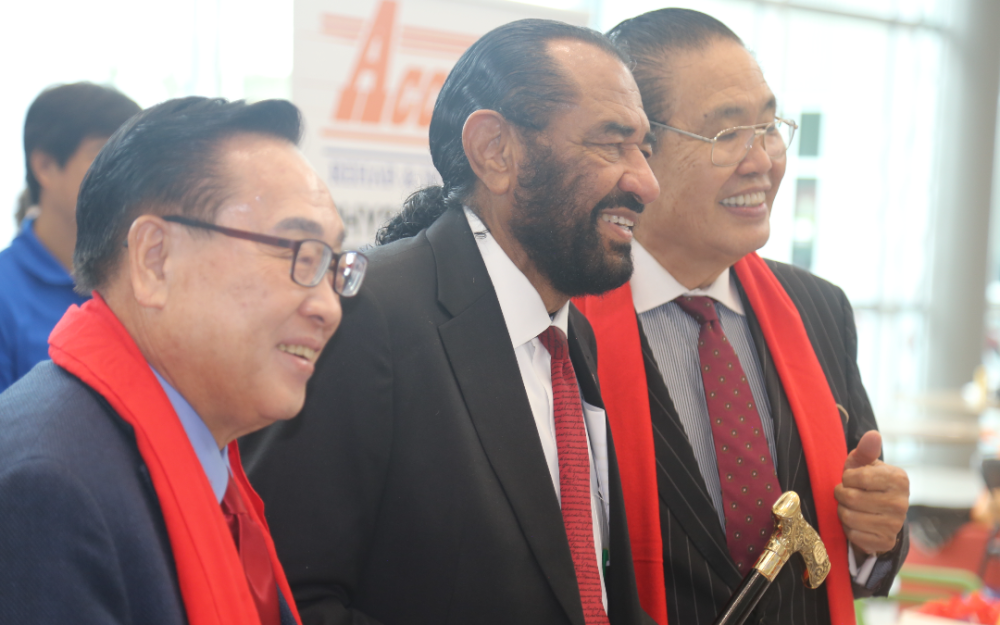美國參議員被上手銬事件:民主與權力的激烈交鋒

美國參議員被上手銬事件:民主與權力的激烈交鋒
2025年6月12日,美國政壇爆出震撼性事件——加州聯邦參議員亞歷克斯·帕迪利亞(Alex Padilla)在洛杉磯參加國土安全部的記者會時,因試圖中斷發言並提出質詢,卻在未佩戴參議員身份證明的情況下,被聯邦執法人員當場制伏、壓制在地並戴上手銬。儘管他隨後被確認為參議員並予以釋放,但這起事件迅速點燃政治風暴,民主與權力的衝突再度浮上檯面。
意圖質詢,卻遭強制壓制
這場記者會由國土安全部長克莉絲蒂·諾姆(Kristi Noem)主持,主題為南加州地區的移民執法行動。帕迪利亞當時並未預定發言,但他站起來試圖質詢部長,稱「人民有權知道」,並希望為當地移民社群發聲。然而,由於他未佩戴參議員的安全胸章,也未立即表明身份,現場安保人員依照標準程序予以驅離。
過程中,帕迪利亞被數名特勤局及國土安全官員按壓在地,強行上銬並帶離現場,現場媒體與社群平台迅速流出畫面,引起輿論譁然。數分鐘後,他的身份被確認,隨即被釋放。
民主黨強烈譴責:踐踏言論與民主
事件曝光後,民主黨陣營群起激憤。參議院多數黨領袖查克·舒默(Chuck Schumer)指出,這是對國會成員基本權利的「前所未有的羞辱」,也是對民主機制的挑戰。副總統賀錦麗(Kamala Harris)也發聲表示,「這不是一場誤會,而是對監督制衡制度的侮辱。」
加州州長蓋文·紐森(Gavin Newsom)則以「荒唐至極、宛如獨裁」形容這一事件,並呼籲對安保程序展開全面調查。眾議院多名民主黨人也要求國土安全部對此公開致歉。
國土安全部與共和黨辯護:依法執行職責
相對地,共和黨人士與國土安全部門則表示,帕迪利亞的舉止「突兀且未經通報」,未配合安保指示。在現場情況緊張、涉及國安風險的背景下,安保人員依法行事,無違程序。眾議院議長麥克·強生(Mike Johnson)更指責帕迪利亞「藉機擾亂記者會」,並表示「國會議員不應以職權為盾干擾聯邦部門運作」。
事件背後的更大擔憂
這場風波並非單一執法糾紛,它映射出美國當前政治極化與移民議題的高度敏感。帕迪利亞作為第一位出任參議員的拉丁裔加州人,一直積極為移民發聲。此次事件發生在洛杉磯大規模移民拘留與驅逐行動期間,引發社會各界對執法正當性與少數族裔人權的廣泛關注。
此外,這也突顯出聯邦行政部門與立法機構之間的權限邊界問題。當一位參議員因「未配證件」而遭武力制伏,社會不禁要問:美國民主制度中的制衡精神,是否正被逐步削弱?
結語:民主的警鐘再度敲響
帕迪利亞事件不只是一起現場安保的衝突,它如同一記警鐘,敲響在美國民主體制的門前。在這個政治對立愈演愈烈的時代,對話與制度尊重更顯珍貴。是時候重新審視:在保護國家安全與保障民選官員行使職權之間,該如何取得真正的平衡?
U.S. Senator Handcuffed At DHS Event: A Clash Between Power and Democracy
On June 12, 2025, a dramatic and deeply symbolic incident unfolded in Los Angeles: U.S. Senator Alex Padilla of California was forcefully removed from a Department of Homeland Security (DHS) press conference, wrestled to the ground, and handcuffed by federal agents. His offense? Attempting to ask a question without wearing his Senate identification badge. Though he was quickly released after his identity was confirmed, the incident ignited a political firestorm and raised troubling questions about civil liberties, executive power, and the state of American democracy.
A Senator Silenced
The DHS press conference, led by Secretary Kristi Noem, was focused on recent federal immigration raids in Southern California. Senator Padilla, known for his advocacy on behalf of immigrant communities, stood up during the event to demand accountability, reportedly saying, “The people have a right to know.” However, without a visible Senate ID and failing to comply with security commands, he was treated as a potential threat. Federal officers tackled him to the ground and placed him in handcuffs.
Videos of the incident spread rapidly online, capturing the moment a sitting senator—an elected representative of nearly 40 million Americans—was restrained on camera. Within minutes, his identity was verified, and he was released without arrest. But the damage had already been done.
Outrage from Democrats
Democratic leaders reacted with fury. Senate Majority Leader Chuck Schumer called the episode “an unprecedented humiliation of a sitting senator” and “a direct assault on legislative oversight.” Former Vice President Kamala Harris described it as “an affront not just to Senator Padilla, but to the principles of accountability and the separation of powers.”
California Governor Gavin Newsom denounced the event as “outrageous and authoritarian,” and demanded a full investigation into DHS protocols. Democratic members of both chambers demanded a public apology from the department and accountability for those involved.
Defenders Say: Just Following Procedure
In contrast, DHS and Republican officials defended the actions of the security team. According to official statements, Padilla had not identified himself properly and was acting in a way deemed “disruptive and potentially threatening” in a high-security environment.
House Speaker Mike Johnson supported DHS, saying, “Senator Padilla disrupted a lawful federal event. No one is above the law—not even a senator.” DHS officials maintained that their response followed standard procedures, emphasizing that security could not take chances in the current climate of heightened threats.
A Deeper Conflict
This was more than just a security miscommunication. Padilla, the first Latino senator from California, was attempting to question federal actions impacting immigrant communities—an issue that has become increasingly divisive in American politics. His treatment raised alarms about the militarization of federal spaces and the shrinking space for dissent—even from elected officials.
The event also underscores an alarming erosion in the boundaries between the executive and legislative branches. If a senator can be forcibly silenced for attempting to exercise oversight, what does that say about the health of America’s democracy?
Conclusion: A Warning Bell for American Democracy
Senator Padilla’s handcuffing is not just a political scandal—it’s a constitutional wake-up call. In a time of rising authoritarian tendencies and deepening polarization, this incident forces the nation to confront a vital question: how do we preserve the balance between national security and democratic accountability?
This moment should not pass in silence. It demands scrutiny, reflection, and ultimately, reform—because a democracy that cannot tolerate questioning from its own senators is a democracy in danger.






























